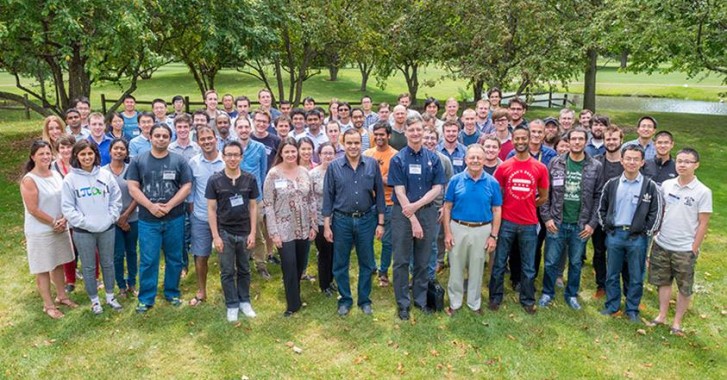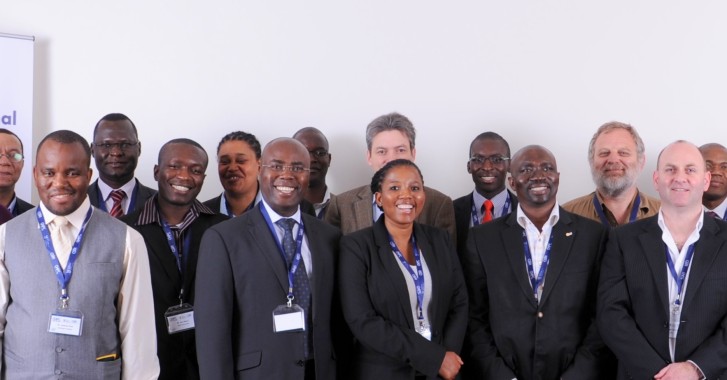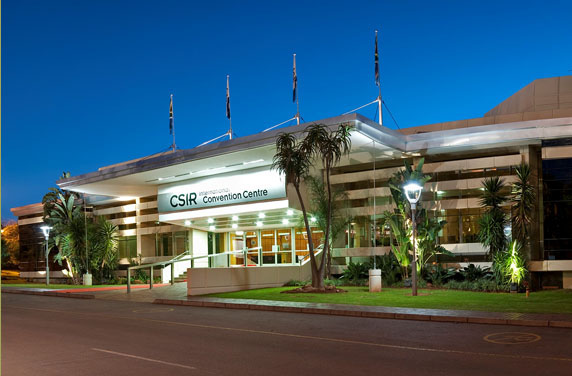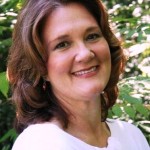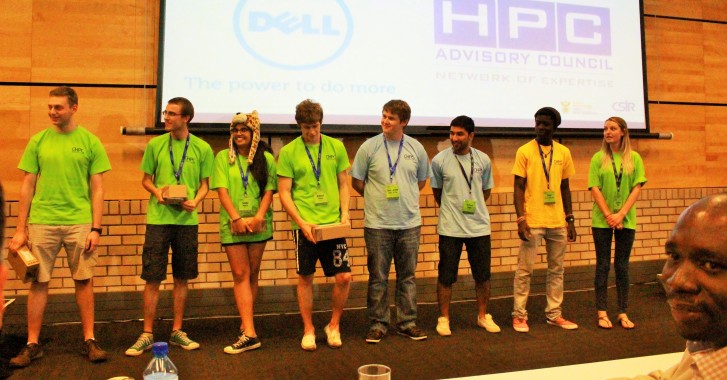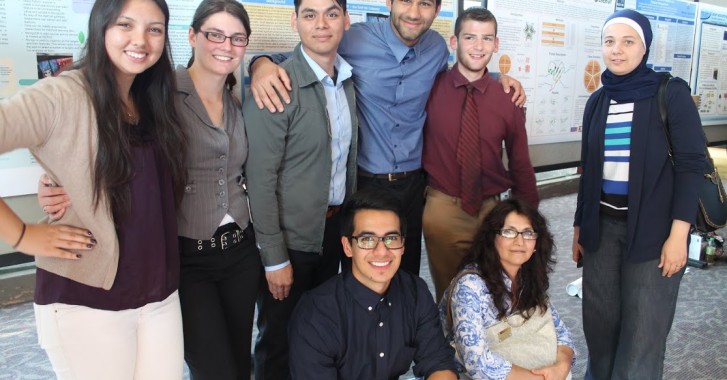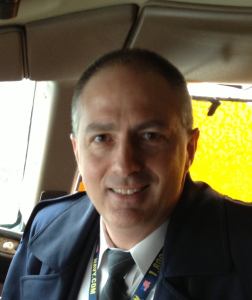Posted on behalf of Sustainable Horizons Institute!
Imagine yourself collaborating with Lawrence Berkeley National Laboratory’s Computing Sciences staff as they develop solutions to pressing scientific and engineering problems while making use of some of the world’s fastest supercomputers! All the while, engaging your students in world-class research and creating pathways for their futures.
The program, developed under a partnership between Sustainable Horizons Institute and Berkeley Lab’s Computing Sciences, is designed for faculty from a variety of institutions including Minority Serving Institutions (MSI) and women’s and community colleges who are supporting students from under-represented or under-privileged backgrounds.
Faculty are welcome to apply, and recommend one or more students who can participate in a ten-week summer program. Additional details are included on this PDF; please share it with your colleagues: berkeley_labs_computing_sciences_sustainable_research_pathways_flyer (1)


